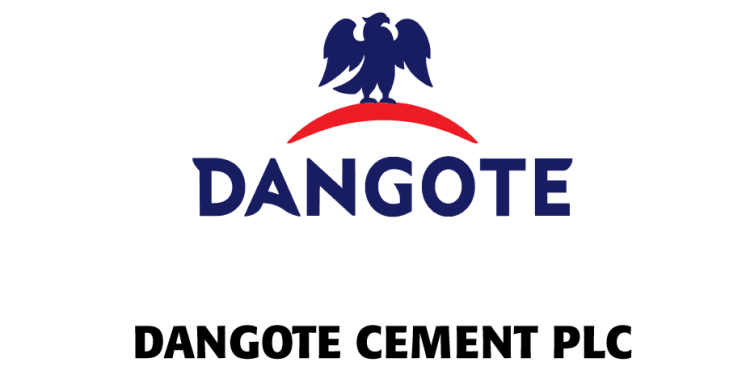Dangote Group’s President, Alhaji Aliko Dangote, has initiated an empowerment programme aimed at equipping over 60 farmers from Dangote Cement’s host communities in Ibese, Ogun State, with modern agricultural skills for the upcoming rainy season. The programme, which was focused on maize cropping, was designed to enhance the farmers’ capacity for modern farming practices and increase crop production. The company’s management has guided the farmers through the fundamental aspects of modern maize farming, which will enable them to maximize their yields as the rainy season approaches.

Azad Nawabuddin, the Director of the Ibese Plant, has announced a new farming program aimed at improving food production in the 17 host communities of the cement company. The program is part of a Community Development Agreement signed by both parties, and the company is committed to assisting farmers in any way possible. In collaboration with expert consultants, the cement company has developed practical training on Good Agricultural Practices to enhance soil fertility and maximize maize cropping. The Director assured the farmers that the company would always be ready to support them in their efforts to boost food production.
Moreover, Nawabuddin’s company is more than just a training institute. In addition to providing comprehensive training, they will also assist the farmers with farm clearing, distribution of farm inputs such as seeds, herbicides, pesticides and fertilizers, agricultural extension services, as well as guidance on how to reach the market.
To ensure maximum impact, the company has carefully selected the farmers who will participate in this program. Only farmers whose farms are not more than one hectare in size and who have been actively farming for the past three years were considered for the project. The initiative is being carried out in partnership with Midstream Agro, an indigenous agricultural support services firm.
According to Mr. Abisekan Idoola, a farmer from the Abule Oke community, the programme not only provided them with direct benefits, but also served as a valuable platform for cross-fertilizing ideas and sharing best practices. This exchange of knowledge and experience has proved instrumental in enhancing the performance of their respective farms. It is heartening to see how such programmes can foster a sense of community among farmers and help them collectively work towards achieving greater success.
















